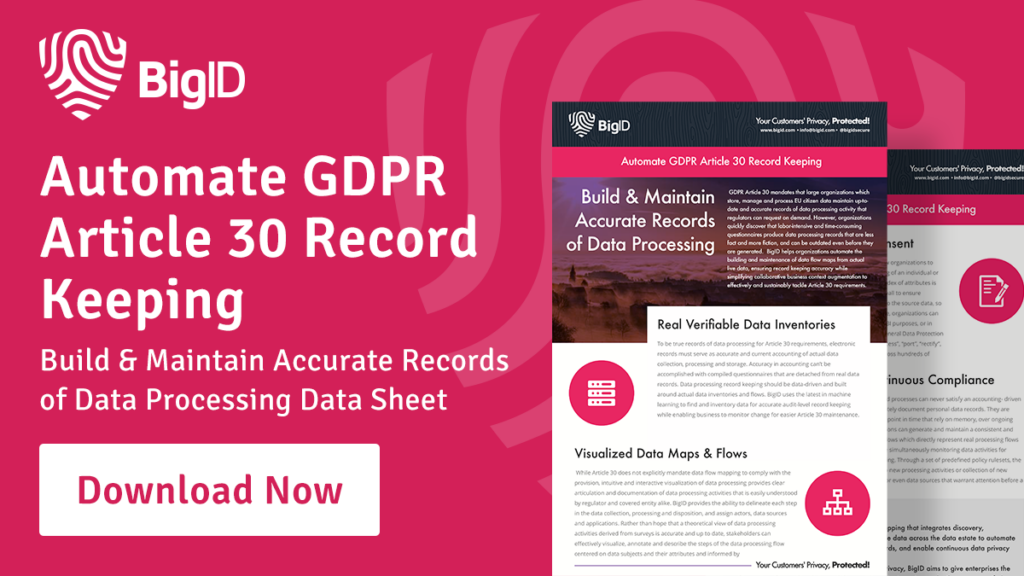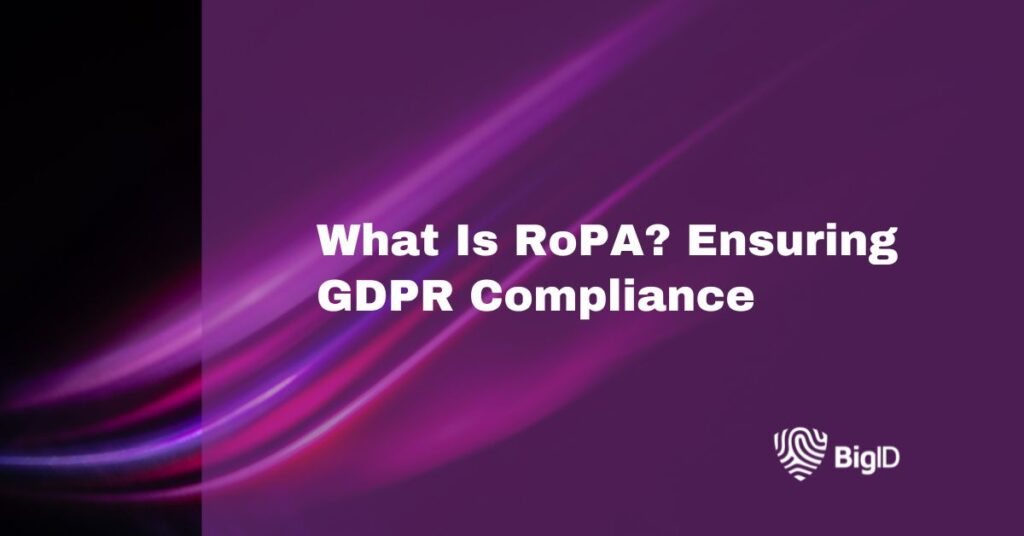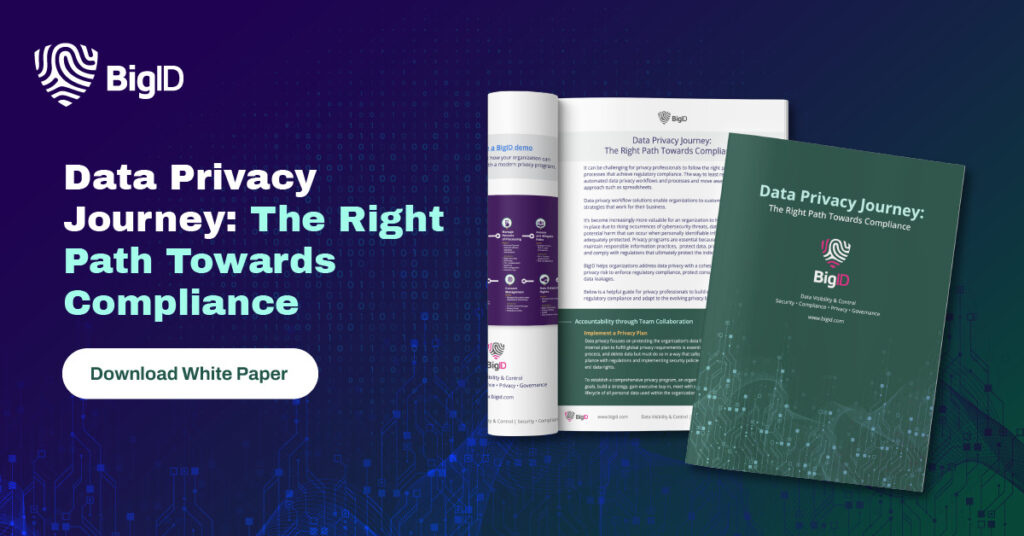In today’s digital age, data privacy has become a paramount concern for organizations around the world. With the enforcement of the General Data Protection Regulation (GDPR), businesses are obligated to ensure the protection and lawful processing of personal data. One of the essential aspects of GDPR compliance is maintaining accurate and up-to-date records of processing activities (RoPA). In this blog post, we will delve into the significance of RoPA, its benefits, and best practices for implementing a robust privacy program.
What is RoPA?
RoPA, or Records of Processing Activities, refers to a comprehensive documentation of an organization’s data processing activities. It includes detailed information about the types of personal data being processed, the purposes of processing, data retention periods, and data sharing practices. RoPA serves as a central repository for organizations to maintain transparency and accountability regarding their data processing activities.
Importance of RoPA
RoPA plays a pivotal role in GDPR compliance for several reasons:
- Legal compliance: GDPR mandates that organizations maintain a record of their processing activities. Failure to do so can result in severe penalties and reputational damage.
- Accountability and transparency: RoPA ensures that organizations have a clear understanding of their data processing activities, enabling them to be transparent with individuals whose data they process.
- Data protection impact assessment (DPIA): RoPA acts as a foundation for conducting DPIAs, which assess the risks associated with processing personal data. It assists organizations in identifying and mitigating potential privacy risks.
Who must comply?
RoPA compliance is obligatory for all organizations that process personal data within the scope of GDPR. This includes both data controllers, who determine the purposes and means of processing, and data processors, who process data on behalf of the controller. Regardless of their size or location, organizations must maintain accurate and up-to-date RoPA.
Fines for non-compliance
Non-compliance with RoPA obligations can result in significant financial penalties. Under the GDPR, organizations can be fined up to €20 million or 4% of their global annual turnover, whichever is higher. It is crucial for businesses to take RoPA compliance seriously to avoid such hefty fines.

Best practices to implement a safer privacy program
To establish a robust privacy program and ensure RoPA compliance, organizations should consider the following best practices:
- Data mapping: Conduct a comprehensive data mapping exercise to identify all the personal data being processed, including the data’s origin, flow, and purpose of processing.
- Documentation and updates: Maintain detailed and up-to-date records of processing activities. Regularly review and update RoPA as processing activities evolve within the organization.
- Data minimization: Apply the principle of data minimization to ensure that only necessary personal data is collected and processed, reducing the risk of data breaches.
- Employee training: Provide regular privacy and data protection training to employees to ensure awareness and compliance with data processing policies.
Benefits of RoPA
Implementing and maintaining RoPA offers several benefits to organizations:
- Regulatory compliance: RoPA ensures organizations meet their GDPR obligations, reducing the risk of fines and legal consequences.
- Enhanced data governance: RoPA promotes transparency and accountability, enabling organizations to implement effective data governance practices.
- Risk management: By documenting data processing activities, organizations can identify and mitigate potential privacy risks, strengthening their overall risk management framework.
- Customer trust: Demonstrating compliance with GDPR requirements through RoPA fosters trust among customers, enhancing brand reputation.
Ensuring RoPA Compliance with BigID
BigID is a leading data intelligence platform for privacy, security, and governance. BigID offers advanced data discovery and classification capabilities— using both AI and machine learning for automated identification of personal data and mapping data flows across an organization.
The Privacy Suite serves as a centralized hub to manage and maintain RoPA, streamlining compliance efforts. Additionally, BigID’s robust privacy management features enable organizations to conduct DPIAs, manage data subject requests, and monitor data processing activities effectively.
To start proactively mitigating privacy risk across your enterprise’s data landscape and ensure compliance with ROPA— get a free 1:1 demo with BigID today.



